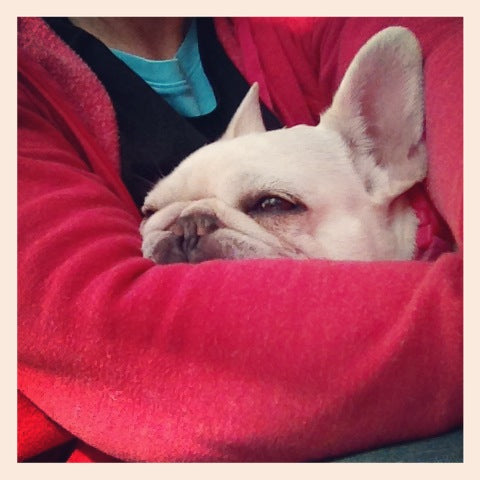Understanding the Special Bond with our Dogs

Recent advances in canine research has started to produce results proving what dog parents have known for years in terms of our relationship with our dogs. Through specific training researchers have been able to keep dogs still enough to perform MRI's while they are awake and as a result we are now starting to extract, through neuroscience, key information about a dog's brain and its response to various stimuli.
Attila Andics of Eotvos Lorand University in Budapest conducted valuable research where he performed the same neuroimaging experiment on both dogs and humans, where he studied responses to sounds. He discovered that dogs have dedicated voice areas of the brain just as humans do and that dogs and humans use similar brain mechanisms to process social information which helps explain why vocal communication between dogs and humans has been so successful.
Another very interesting study was done by Gregory Berns, a neuroscientist and author of How Dogs Loves Us - A Neuroscientist and His Adopted Dog Decode the Canine Brain. Berns showed that the caudate nucleus, a part of the brain associated with positive emotions, was similar in dogs and humans. Backed by some impressive findings he argued and I am sure we would all agree that dogs empathize with human emotions and experience friendships in a similar way to humans.
In the book titled, Inside of a Dog - What Dogs See, Smell and Know author Alexandra Horowitz describes contemporary research into dog cognitive abilities, which reveals that the way a dog pays attention to us is very similar to the attention we give as humans. In fact, it has been shown that dogs have learned to look at humans the way humans look at humans and in the dog's case they are often more aware of details and changes we are going through that we realize about ourselves. One of the things I miss the most is how Paige would stare at me. Her eyes had so much intensity that they told me how much she loved me without words and science is now recognizing that the attention and gaze they place upon us is quite rare and complex.
I find that bonds form especially deep with senior dogs, perhaps because they are so appreciative of a second chance or maybe it is because they are more vulnerable and respond to us helping them when they need us the most; either way I feel that relationships at this stage of a dog's life reach a whole new level. It's a time when just being with us is a higher priority than anything else.
Part of my love for older dogs stems from the closeness I feel with them and it doesn't matter if you adopt them in their senior years or if your dog grows old with you - that same bond exists. Sometimes I feel it is their neediness that attracts me to them but then I realize that I need them just as much as they need me and that in my mind is a big part of the reason I have been fortunate enough to have a closeness I never thought was possible.
So the next time you describe your connection with your dog and are met with skepticism you can tell them that science is now behind us in our knowledge that our dogs do in fact love us and our bond with them runs deep. I know you didn't need science to tell you what your heart already knew, but it's nice to have further proof that what you feel is real.
Ann-Marie Fleming is the Founder & CEO of Dog Quality, a provider of products focused on improving the quality of life for older dogs.

